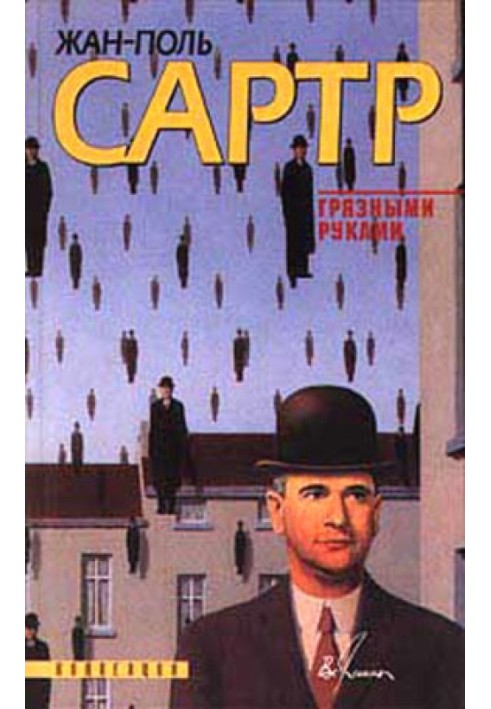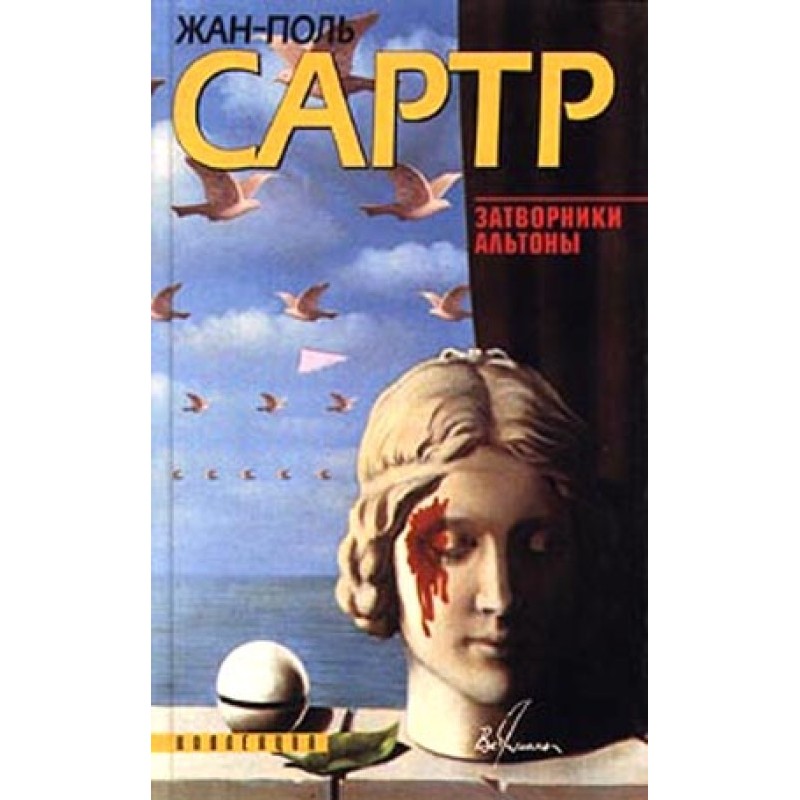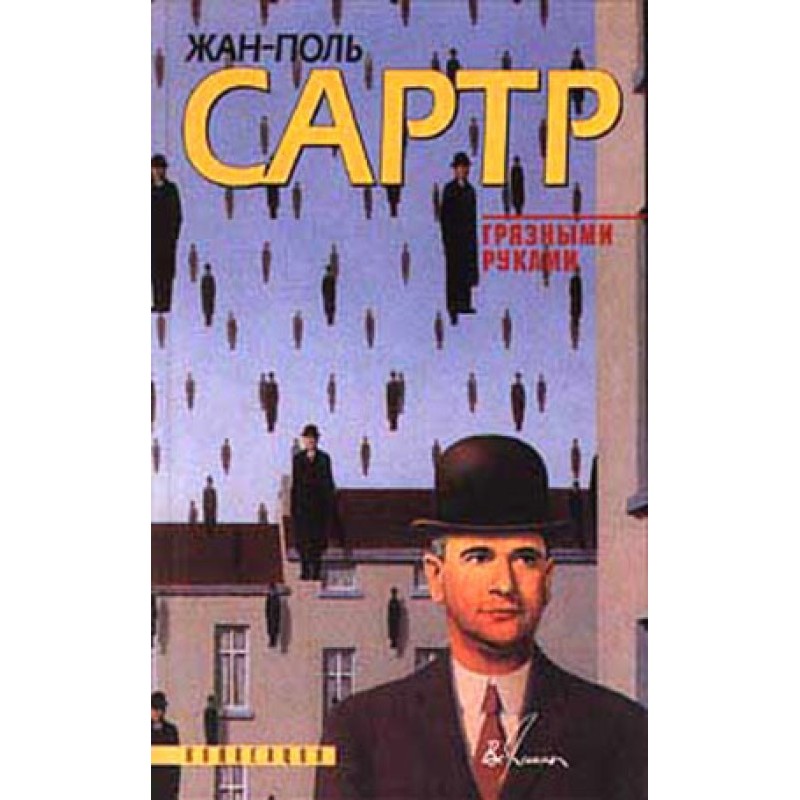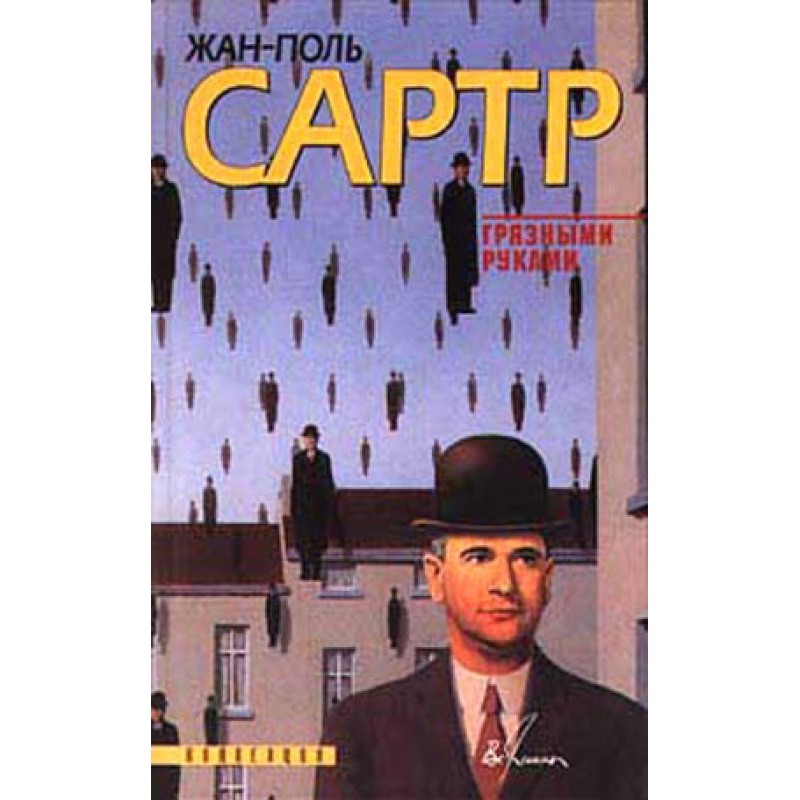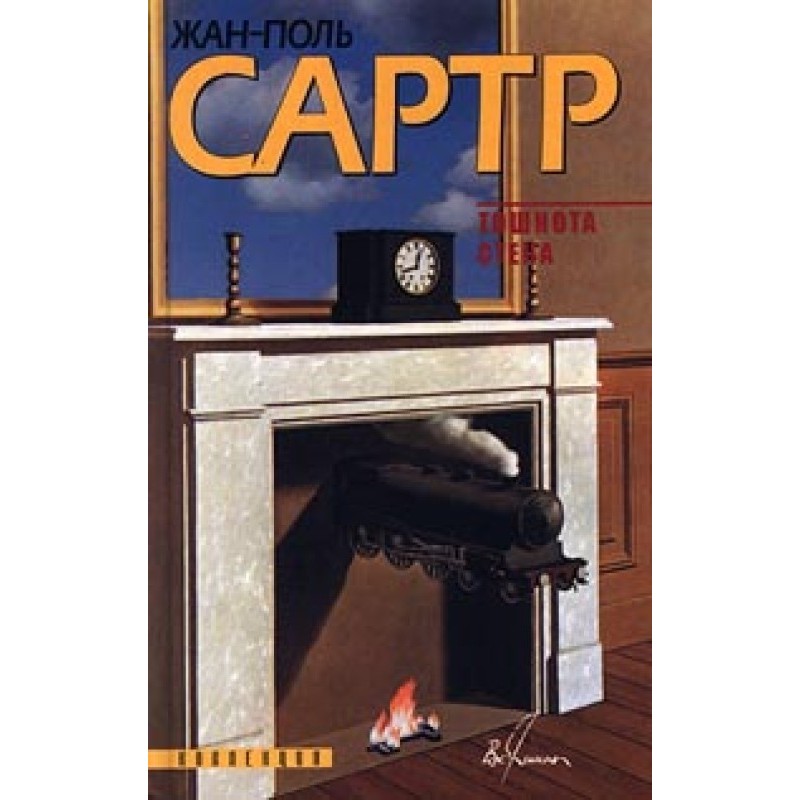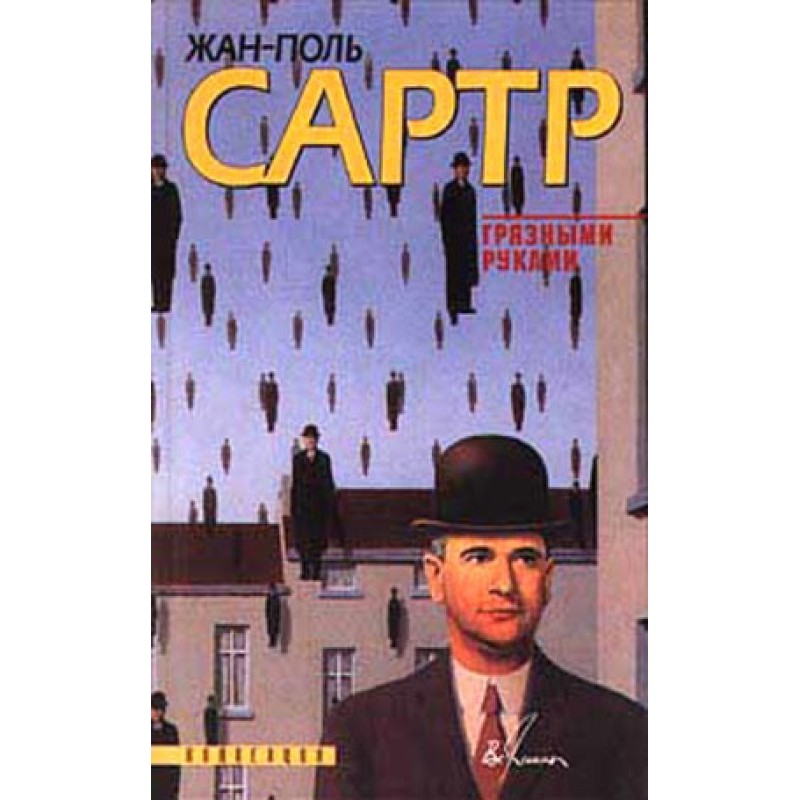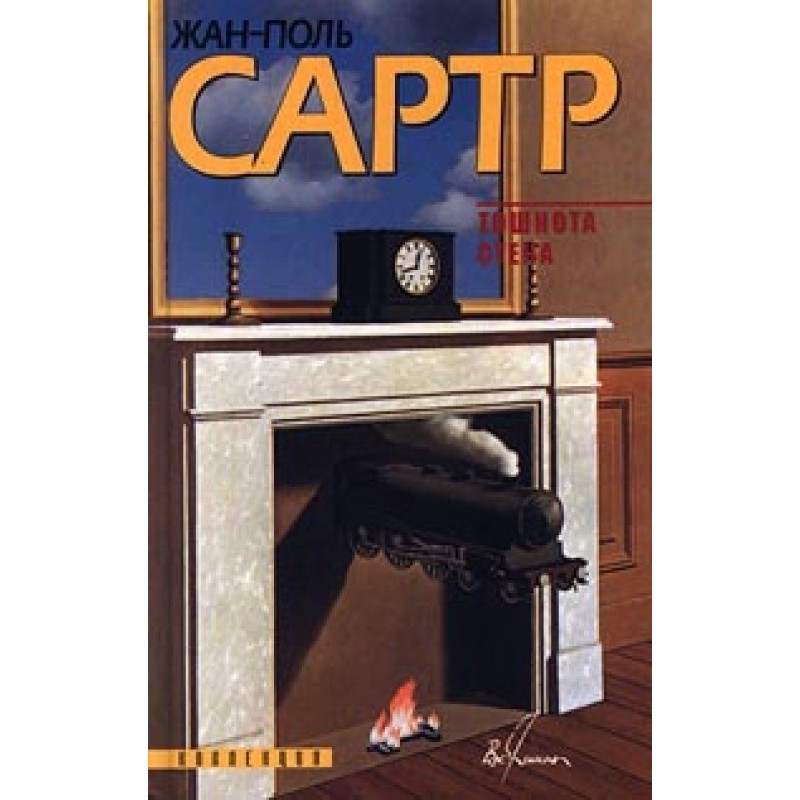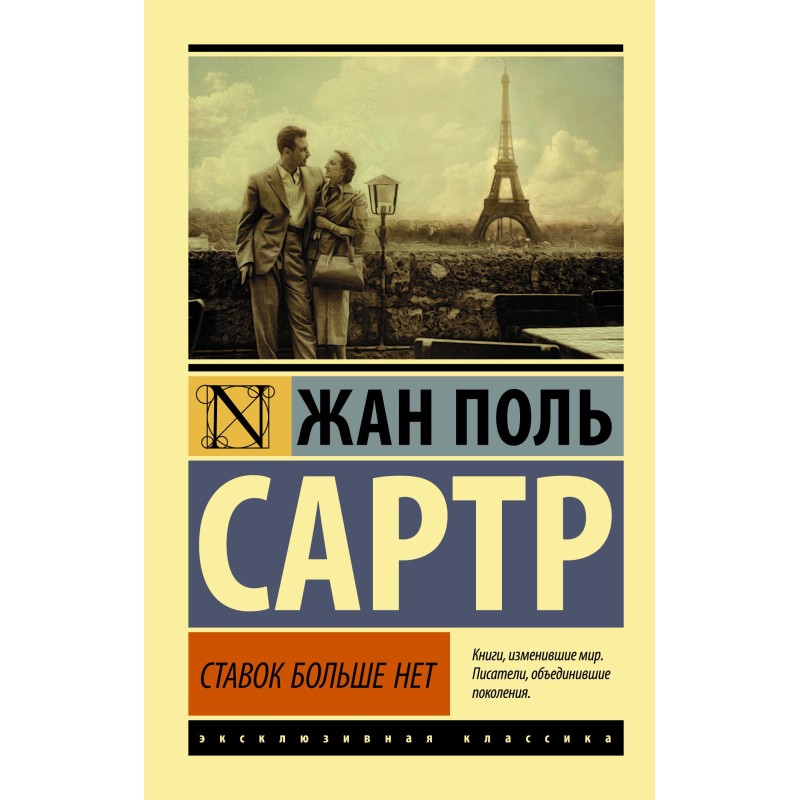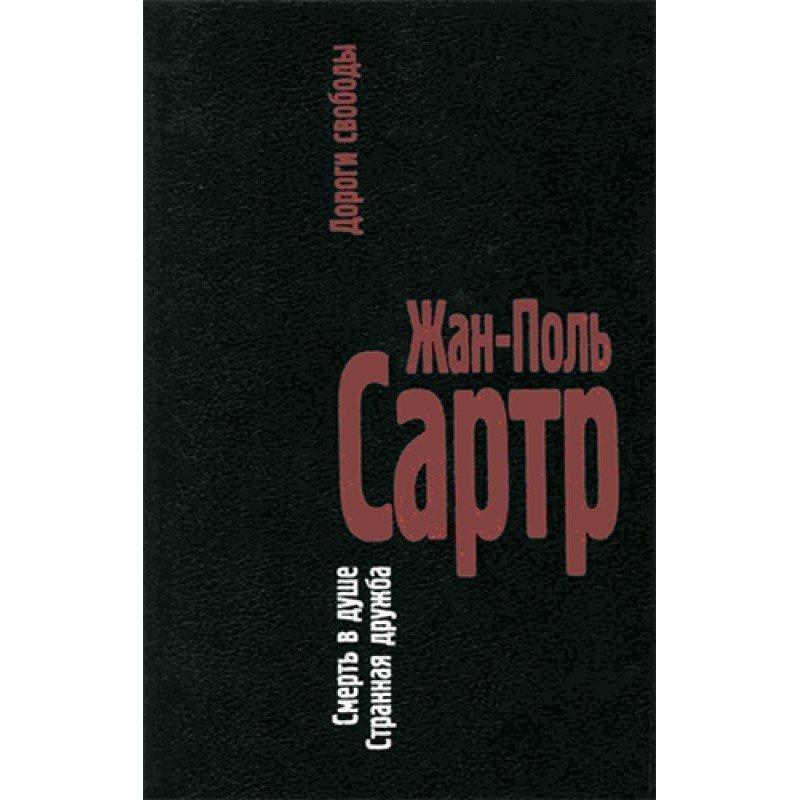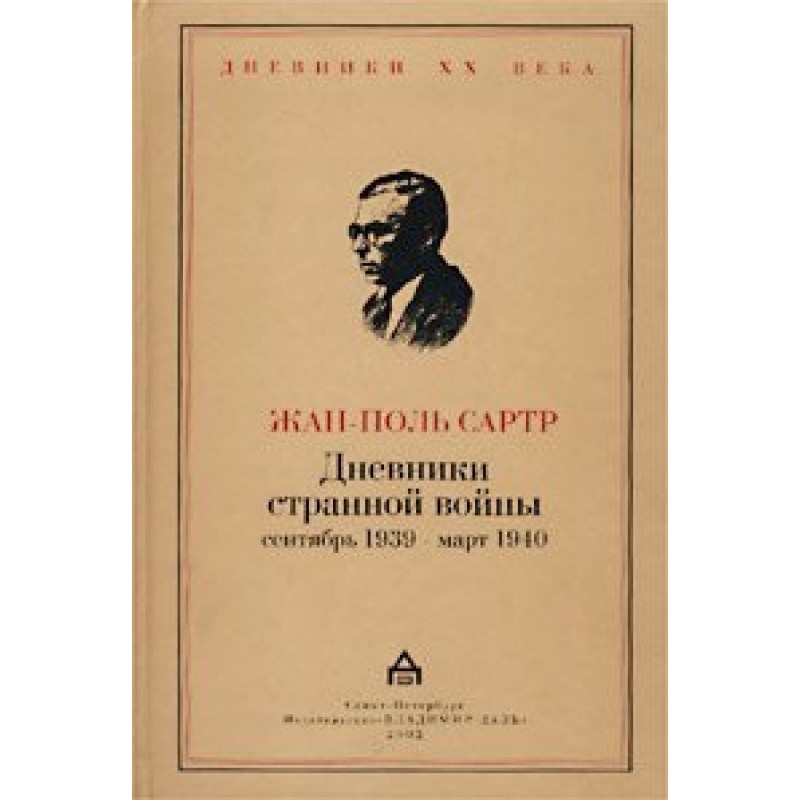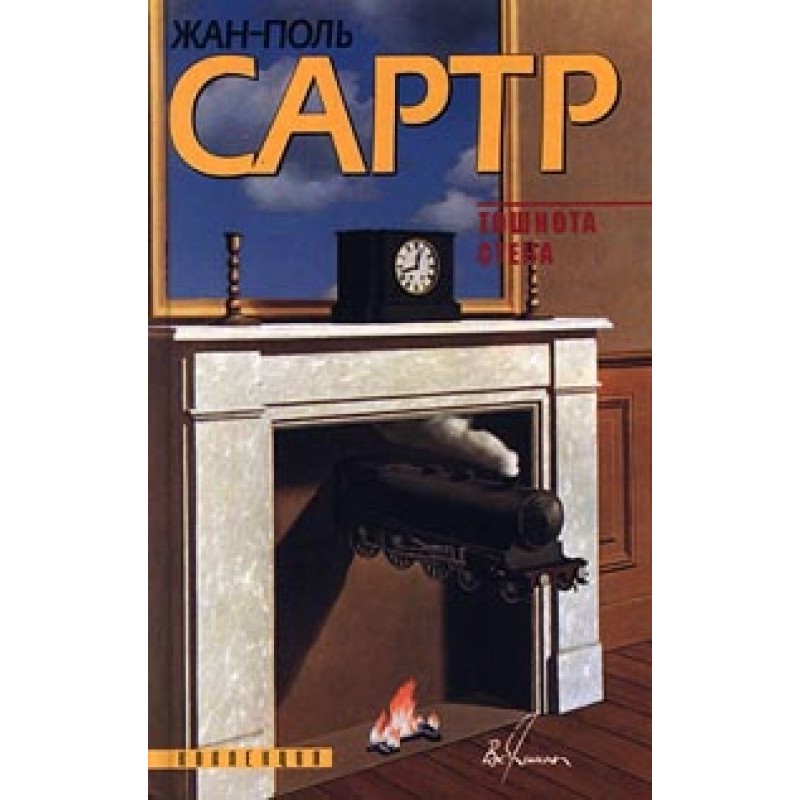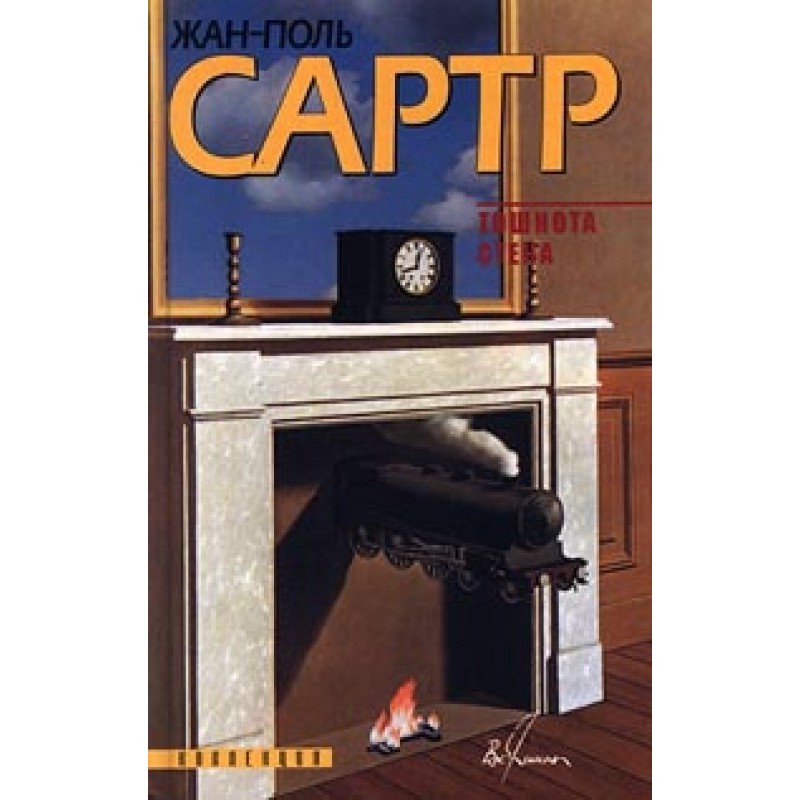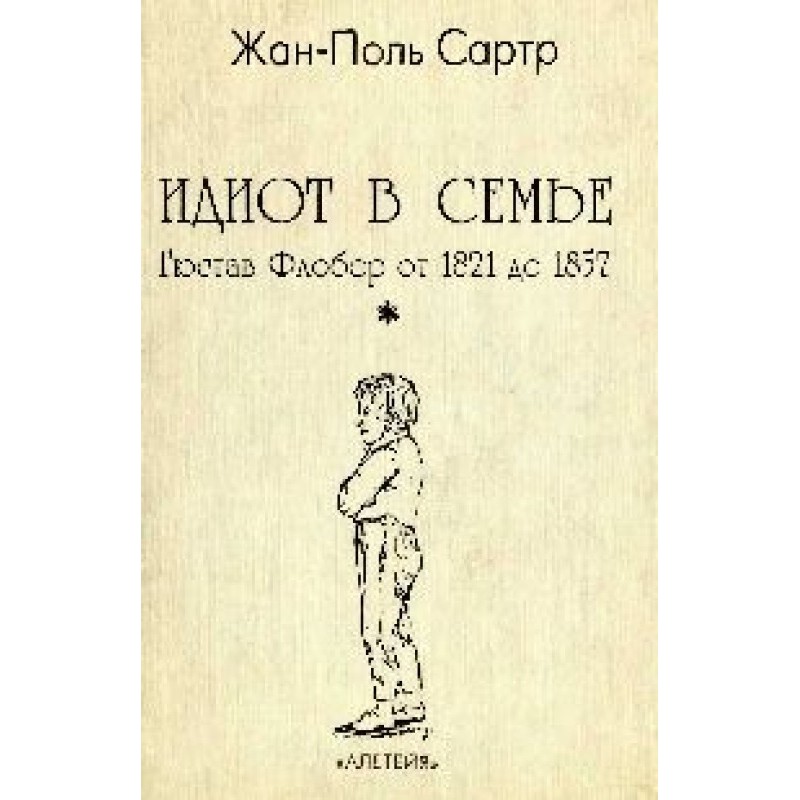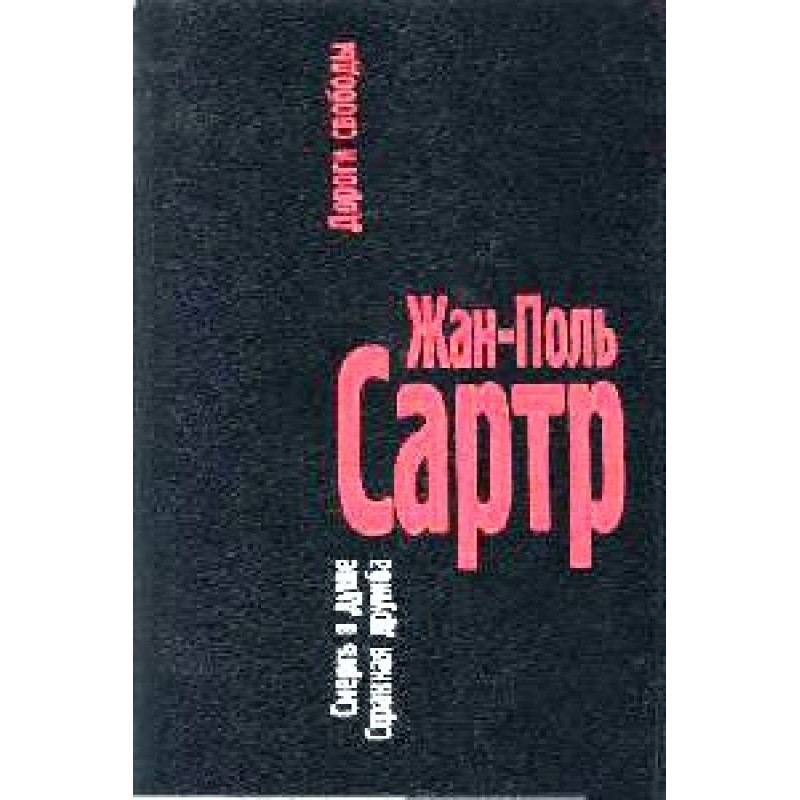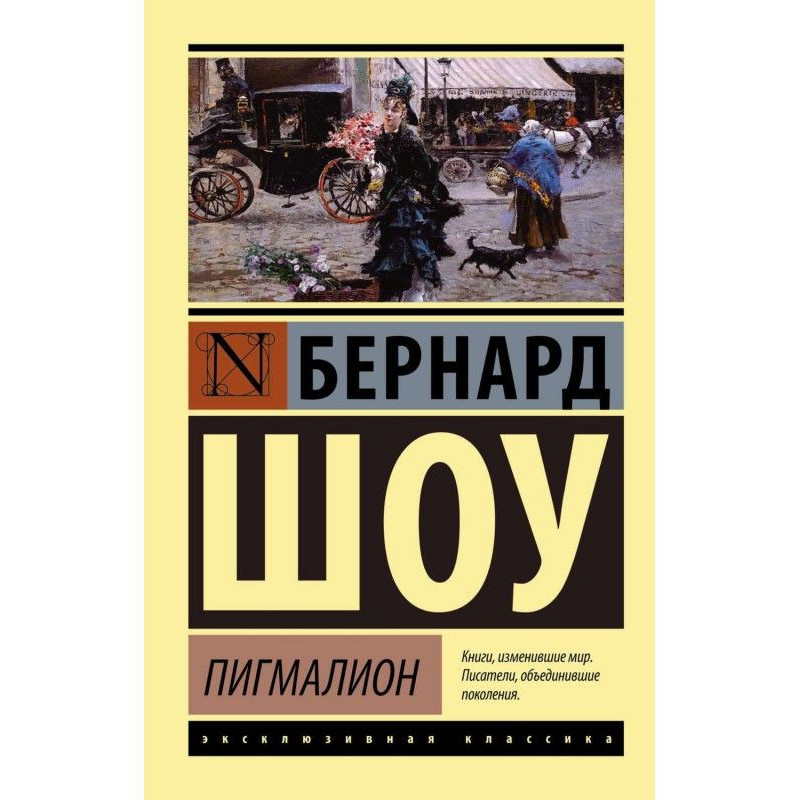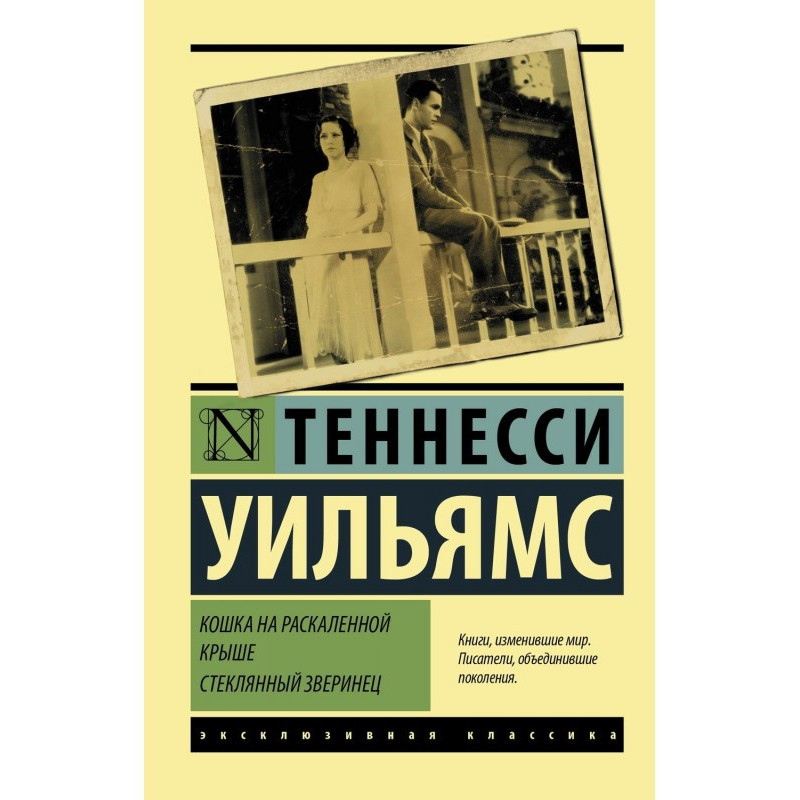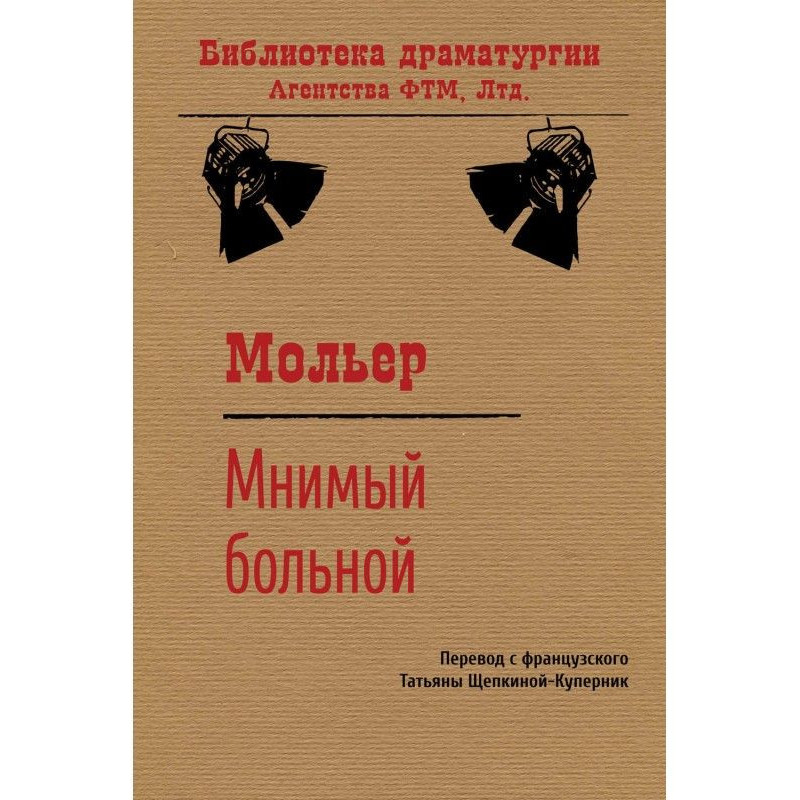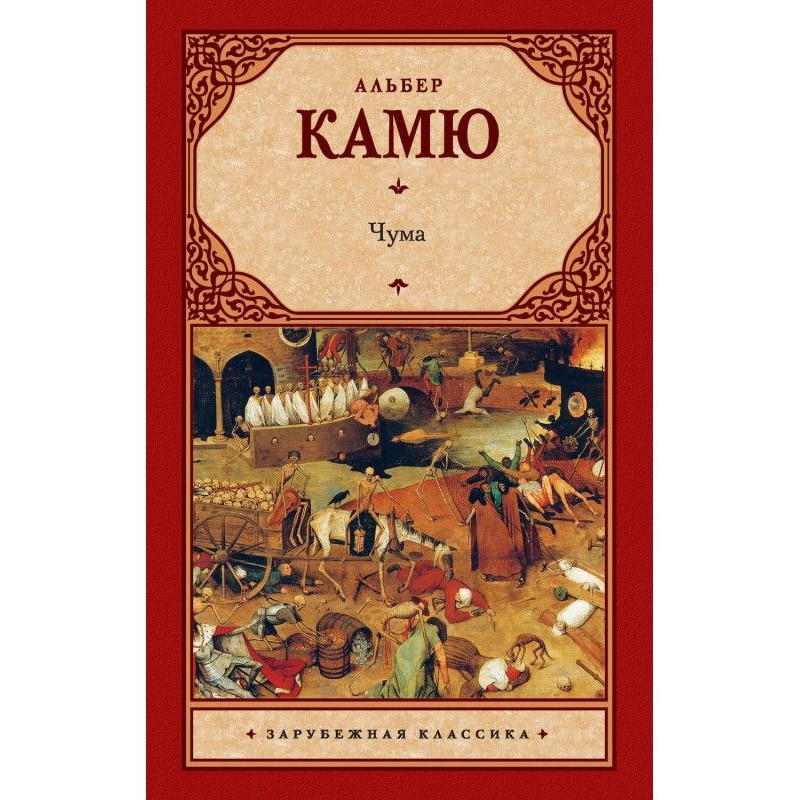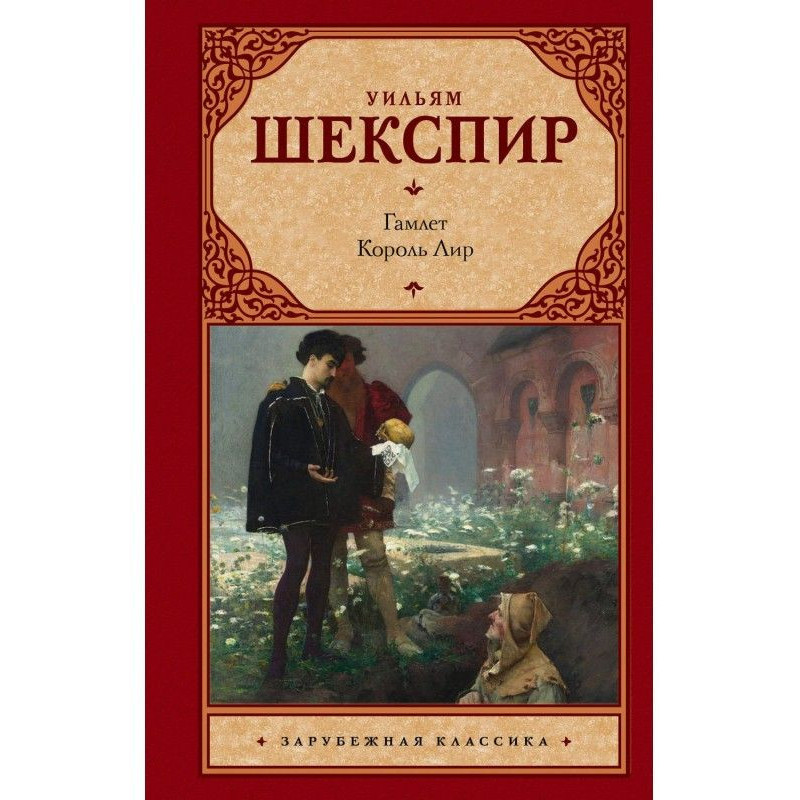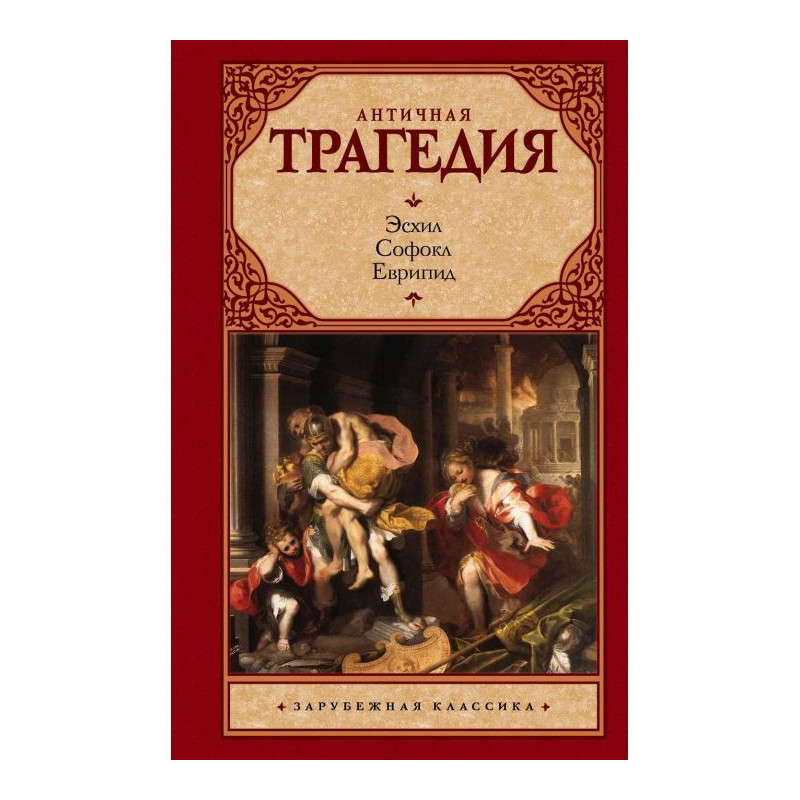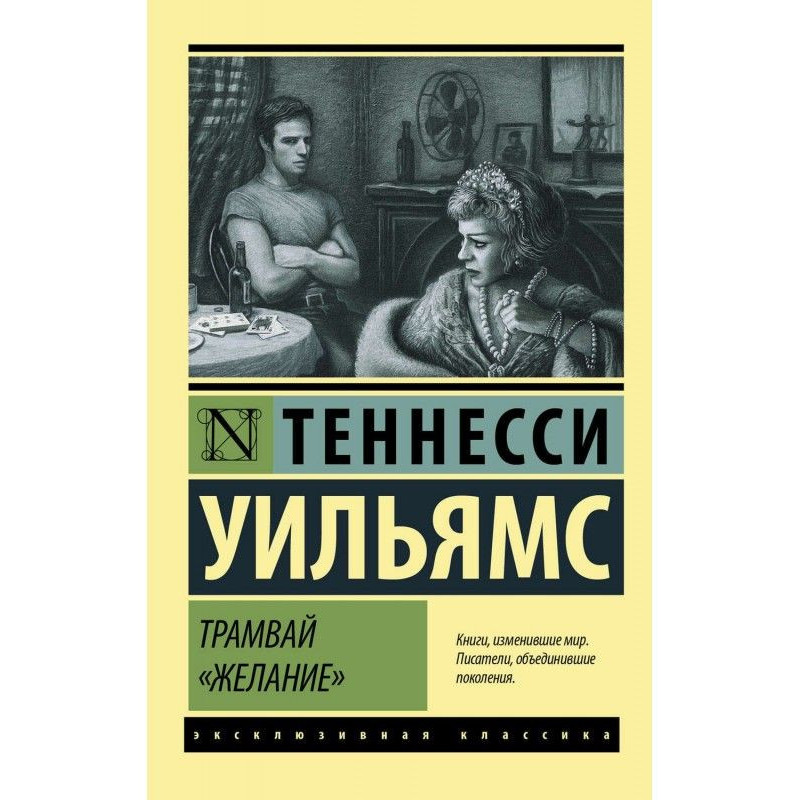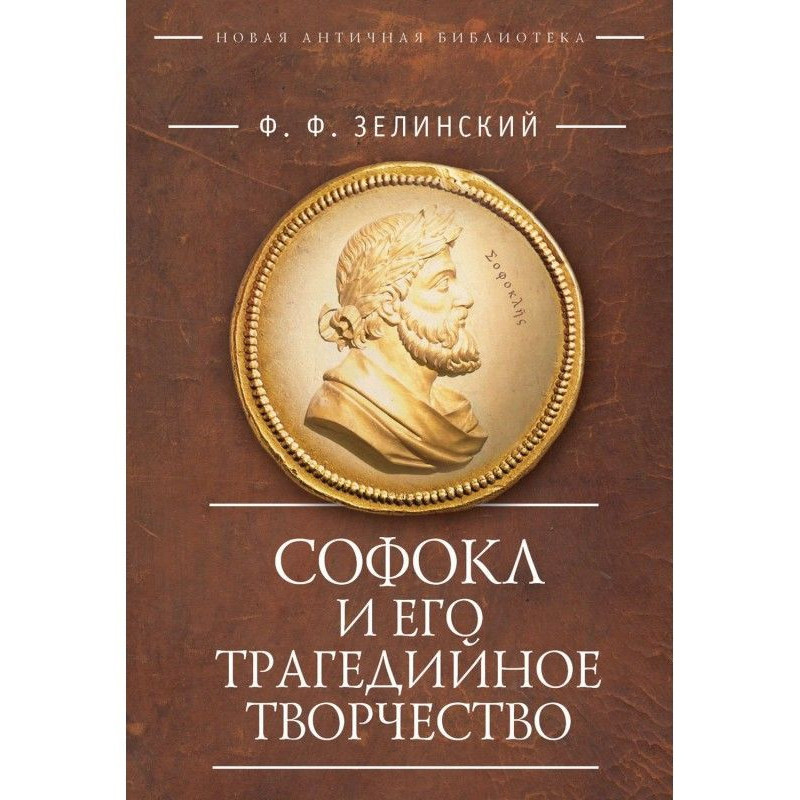flies
 Instant download
Instant download
after payment (24/7)
 Wide range of formats
Wide range of formats
(for all gadgets)
 Full book
Full book
(including for Apple and Android)
Beyond the city gates, walking away from Argos, the wandering knight of freedom Orestes will sooner or later not fail to notice that the memory of the gaze of his compatriots riveted on him is gradually fading. And then melancholy will wash over him again: he did not want to solidify in the mirrors of their eyes, to merge with the cause of the liberation of his native city, but without these eyes around him there is no place to be convinced that he exists, that he is not an “absence”, not a cobweb, not an ethereal shadow . “Flies” opened the door to the tragic holy of holies of Sartre’s freedom: since at first it is not so much service and remaking of life as self-affirmation and example, it does not exist without a spectator, without others looking at it. And at the same time, others are a danger to her. Their gaze, as stated in “Being and Non-Being,” is like the gaze of the legendary Medusa, which turned everything it stopped on into stone, into something designated once and for all, into a frozen body. Others as a prerequisite for personality and a constant threat are one of the key moments in Sartre’s work.
S. Velikovsky. The Path of Sartre the Playwright
Data sheet
- Name of the Author
- Жан-Поль Сартр
- Language
- Ukrainian
- Release date
- 1999
- Translator
- Ленина Александровна Зонина

